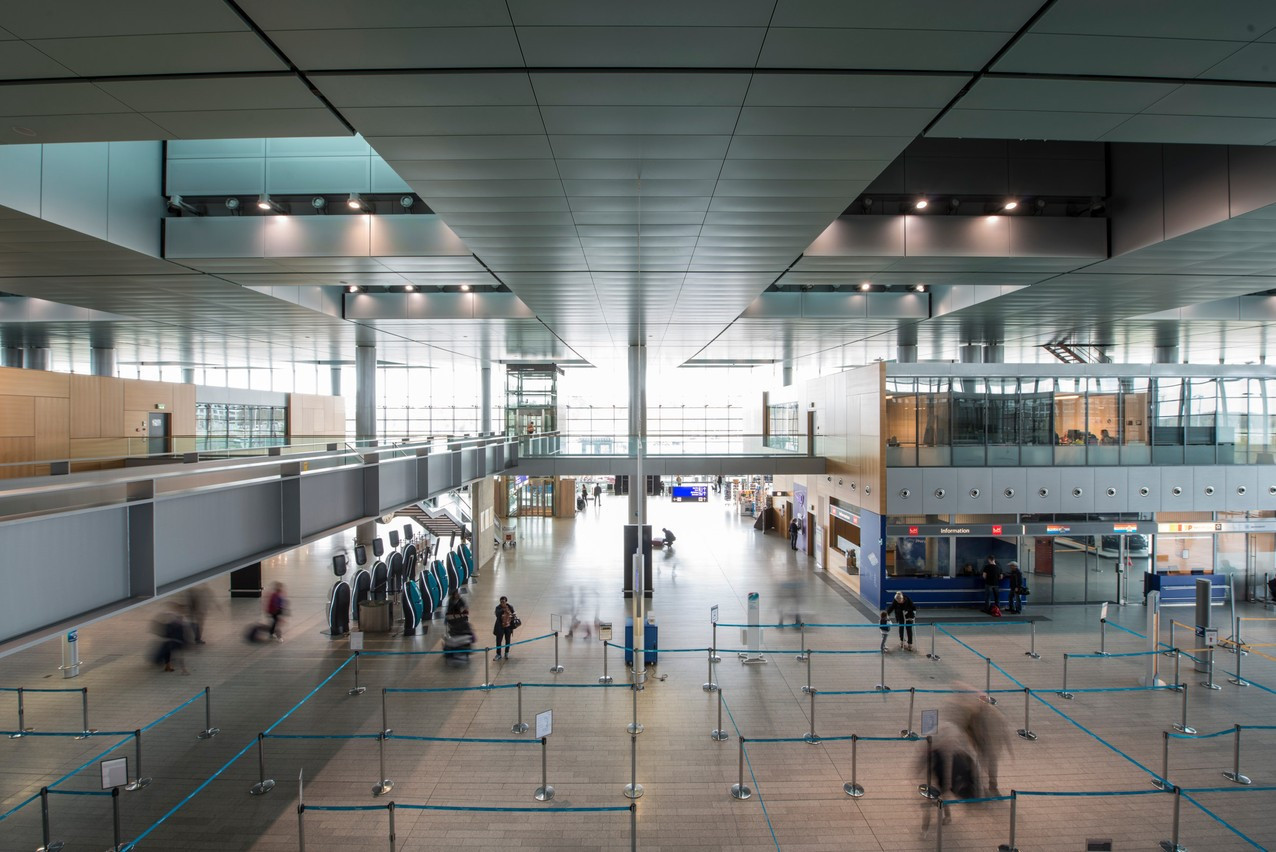International
The grand duchy is regularly praised for its multicultural and multilingual dimensions. Nearly half of Luxembourg’s population are foreigners, hailing from around 170 countries. As of 1 January 2020, according to Statec, 47.4% of Luxembourg’s population were foreigners--up from 43% in 2011.
There are also regional benefits to being close to other major European cities, including a fluid trade network with its neighbouring countries--France, Germany and Belgium--as well as the Netherlands. English is increasingly used as a business or vehicular language, while plenty of platforms and services are geared to the expat community, including international and European schooling. In 2018, the World Economic Forum ranked Luxembourg third most inclusive advanced economy, out of 103 listings, taking into account growth and development, inclusion, intergenerational equity and sustainability.
Ease of access
Key international cities like Frankfurt, Paris or London are reachable with about an hour’s flight. Luxembourg is also a key logistics hub: freight carrier Cargolux, for example, ended 2-20 with a record €637m profit, driven by high demand for materials such as medical supplies and equipment. The country’s size also makes it easy to network and gain access to key decision-makers. Business-oriented, with a solid AAA rating and highly reactive legislators and supervisors, it’s an optimal place for accessing the EU-17 and its nearly 450m consumers. As Delano reported back in March 2021, there have also been more than 60 Brexit moves by financial sector business to enhance or establish a foothold in the EU from the UK.
Innovation
The grand duchy has a vibrant startup scene, with plenty of programmes for entrepreneurs. The country has also rapidly advanced in areas like fintech, climate finance, healthtech and more, all boosted by current digitalisation strategy. In June 2021, the Meluxina supercomper became operational; with a 10-petaflop calculating power, it’s in the top 50 most powerful supercomputers in the world. The burgeoning space sector is also making strides, with new announcements forthcoming. Through the initiative, this sector has rapidly developed. Some 50 companies operate in the sector, while the University of Luxembourg offers unique space-related degrees to foster talent in this domain. the country was one of the first of eight to sign up with Nasa’s .
Luxembourg High Security Hub
Launched in 2014, formerly known as the Luxembourg Freeport, is a secure site where valuable good s(e.g.m, works of art, luxury cars, etc.) can be stored. A series of taxes (VAT, import taxes, etc.) can be avoided, while all goods transiting through the site are controlled by customs, with anti-money laundering regulations still respected. It serves as a useful tool for private bankers in terms of tax optimisation and wealth mangement.
An alternative version of this article was first published in the .
